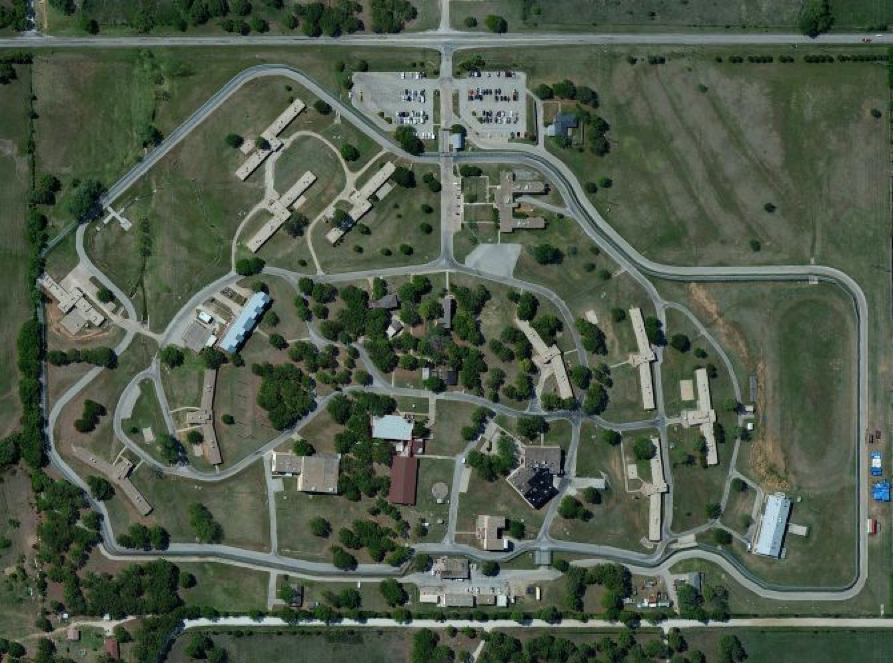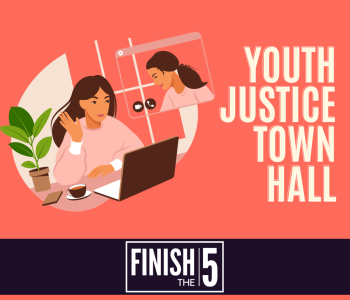Abuse & Neglect of Kids Reported in a Texas Youth Facility: We Need Urgent Reform

Earlier this month, thanks to coverage from The Dallas Morning News and the Houston Chronicle, information came to light about the Gainesville State School, one of Texas’ five remaining state secure detention facilities for youth: Incarcerated kids had attempted suicide, and staff had been engaging in sexual misconduct with some youth. Then, on Friday, Dallas News exposed more information about issues at the Gainesville facility.
According to that article, Fights, Sex, Drugs: Texas Juvenile Lockup on the Verge of Crisis, Reports Show, kids reported being paid by staff with drugs and cash to assault one another. A psychologist reportedly gave pornography to a child and asked the child to masturbate in front of him; that psychologist was allowed to resign in lieu of termination and he now works with adult inmates in California. Kids are sometimes unaccounted for for hours at a time. Several kids have attempted to flee from supervision. Etc., etc.
This news is enraging to me, and I hope to you as well. Most agree that the problems in this facility—and in all of the large “secure” Texas Juvenile Justice Department facilities—have been exacerbated by the lack of adequate staffing, caused both by attempts to staff facilities in rural areas, and by incredibly high turnover rates among staff. Consequently, incarcerated kids are left without effective supervision, and some correctional officers are using their authority to inflict abuse.
Regardless of the circumstances that have allowed these incidents to occur, there is no justifiable excuse for the State of Texas to detain children in such horrific conditions.
When the State removes a child from the community and puts him or her in secure confinement, the State takes responsibility for that child. Many of these kids came into contact with the juvenile justice system only after experiencing abuse, neglect, and complex trauma. The idea that, while they are in the State’s care, they are being further abused and neglected—not supported and rehabilitated—is repugnant. These kids will be coming back into the community and it is imperative to public safety that they receive critical supports and services so that, when they do return home, they have the tools to be successful.
I don’t know anyone who would argue that having staff bring drugs into a youth facility increases the chances that a child with substance abuse issues will succeed. I don’t know anyone who would argue that a psychologist who is sexually assaulting his patient is providing that patient with the supports and services that he or she needs. These are the measures of success for a youth facility, and Gainesville is failing miserably.
It has always been a better model to keep youth closer to home, in smaller and more therapeutic facilities, rather than in large prison-like facilities like Gainesville. But these recent incidents should give us all a sense of urgency to move in that direction as quickly as possible. Every day that kids are in Gainesville we should all ask ourselves, “would I want my child to live there? To sleep there tonight?”
I don’t know anyone who would say yes.



